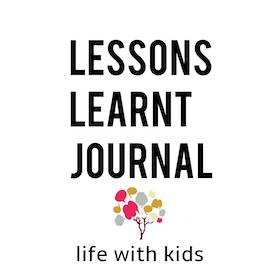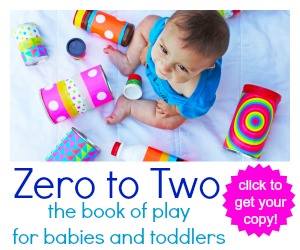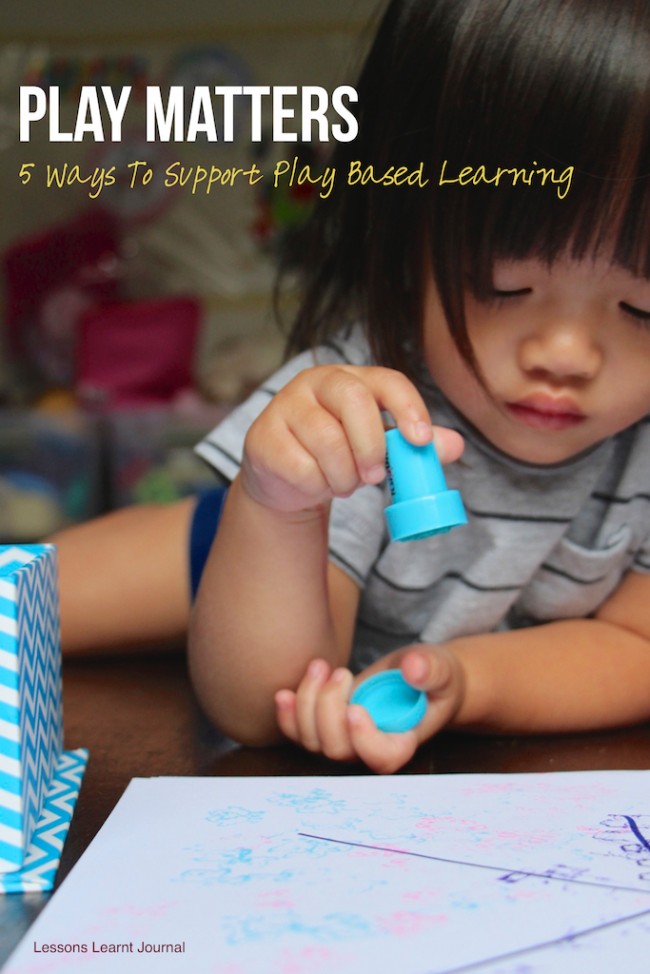
This afternoon, I caught up with another school Mum as we were picking up our children after school. We talked about the school holidays that had been, less than a week ago. She had a wonderful school holiday. They went away camping and she did nothing – she didn’t even bring a book to read. Every now and then her children would run by her. They did what they wanted to, and she went along with it.
Upon reflection, I think I had that sort of school holiday too. We didn’t go away camping, (still yet to pluck up the courage and convince hubby) – but I would wake up late, (that’s 8am for us parents, right?), and I would have a chat with the kids about stuff to do during the day. The kids had more control over their days during the school holidays.
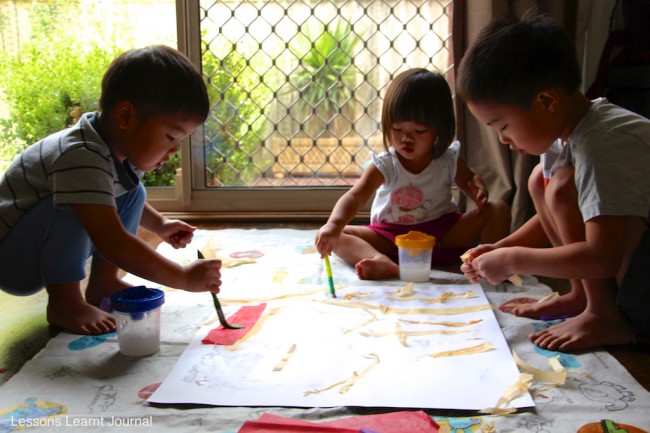
Here is what I have learnt about including children in making plans for the day – when you give kids choice and ownership over their own learning, chances are they will be highly motivated, very engaged and well behaved. That’s not to say I let them run wild with making decisions. I’m still the parent. I am still the responsible one, (so no… we can’t go and explore the tide pools because there are high waves today, and I’m pretty sure we’ll get swept away, thank you very much).
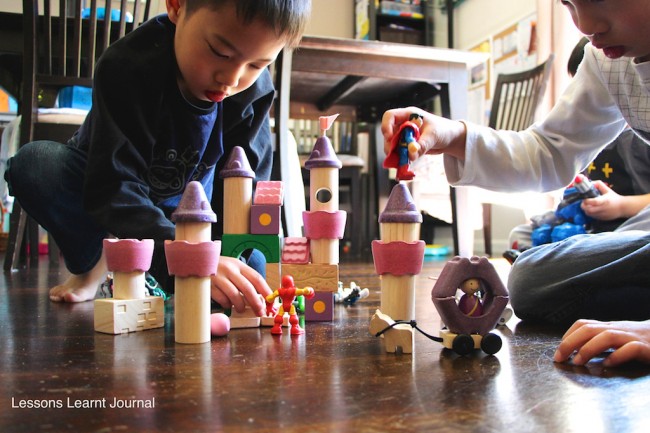
During our school holidays, we played, we gardened, we cooked, we went out and met with friends, we rested.

The planner in me still plans for particular learning experiences, but I allow my kids to move away from them based on their interests. I then plan based on my observations of their interests and skills.
Play Based Learning
Play-based learning is often associated with being child-led; i.e. the power of play revolves around the child, using the the environment or context they are in and the resources available to them. However, the way adults intervene, (or knows when not to intervene) in children’s play, is a crucial factor in play-based learning.
Like any aspect of teaching and parenting, adults move fluidly between the roles of manager, facilitator and player as they engage with children to help them develop their skills, knowledge and attitudes.
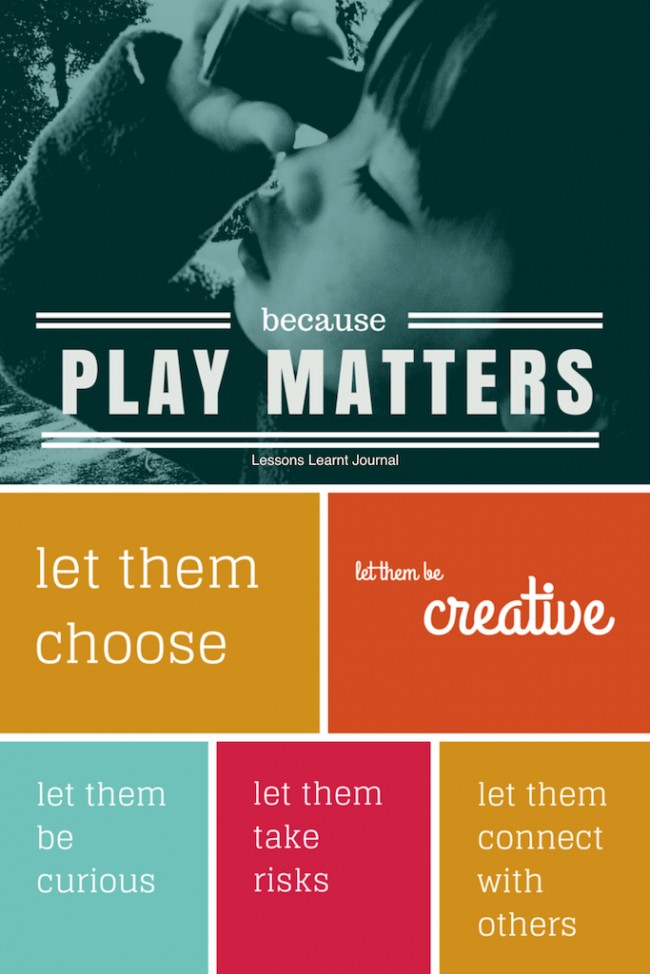
As parents and teachers, here are five things to consider, as we move between manager, facilitator and player on that play-based learning stage:
{ONE} Let them choose.
They choose who to work with. They choose the resources they make use of in their play. They choose the location of their play. Children learn best when they are motivated and part of their motivation comes from being in more control of their own learning and following areas of enquiry in which they are interested.
{TWO} Let them be creative.
Foster creative learners by allowing them the time, resources and space to undertake possibility thinking and re-frame their perspectives. This isn’t so much about us teaching in creative ways, this is about letting them think outside the box.
{THREE} Let them be curious.
Children are mini-scientists, who discover the world about them through an enquiry-driven interaction. They become researchers as they collect and interpret information. Let them choose what they want to investigate and present.
{FOUR} Let them take risks.
Let them choose which problems to work on and how to work on their chosen problems. Let them plan and collaborate with others. Encourage them to be resilient and persevere in their problem solving. Let them come up with solutions and recommendations.
{FIVE} Let them connect with others.
Children are social learners. A key part of being a social learner is the communication between those playing, whether that is adult to child or child to child. Let them try out their ideas in a safe and secure environment while learning the rules of a range of different forms of communication including talk, body language and turn taking. E.g. we share our ideas and listen to one another; we talk one at a time; we respect each other’s opinions; we give reasons to explain our ideas; if we disagree we they to ask why?; we always try to be kind and loving.
Every child learns through play. Play matters and there are so many ways to play and learn.

